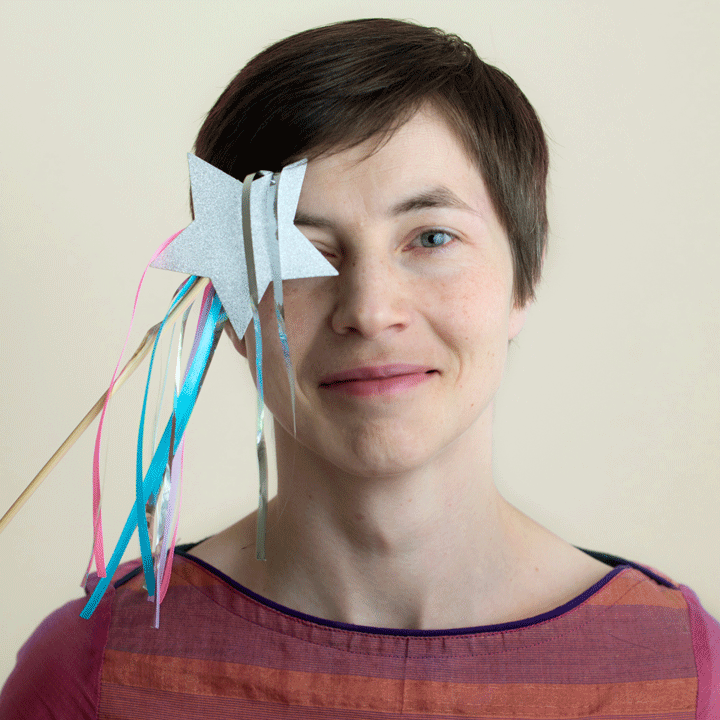2025 March 05
Come ROR with us: Using ROR IDs in place of Funder IDs
Today, we’re delighted to let you know that Crossref members can now use ROR IDs to identify funders in any place where you currently use Funder IDs in your metadata. Funder IDs remain available, but this change allows publishers, service providers, and funders to streamline workflows and introduce efficiencies by using a single open identifier for both researcher affiliations and funding organizations. As you probably know, the Research Organization Registry (ROR) is a global, community-led, carefully curated registry of open persistent identifiers for research organisations, including funding organisations.








